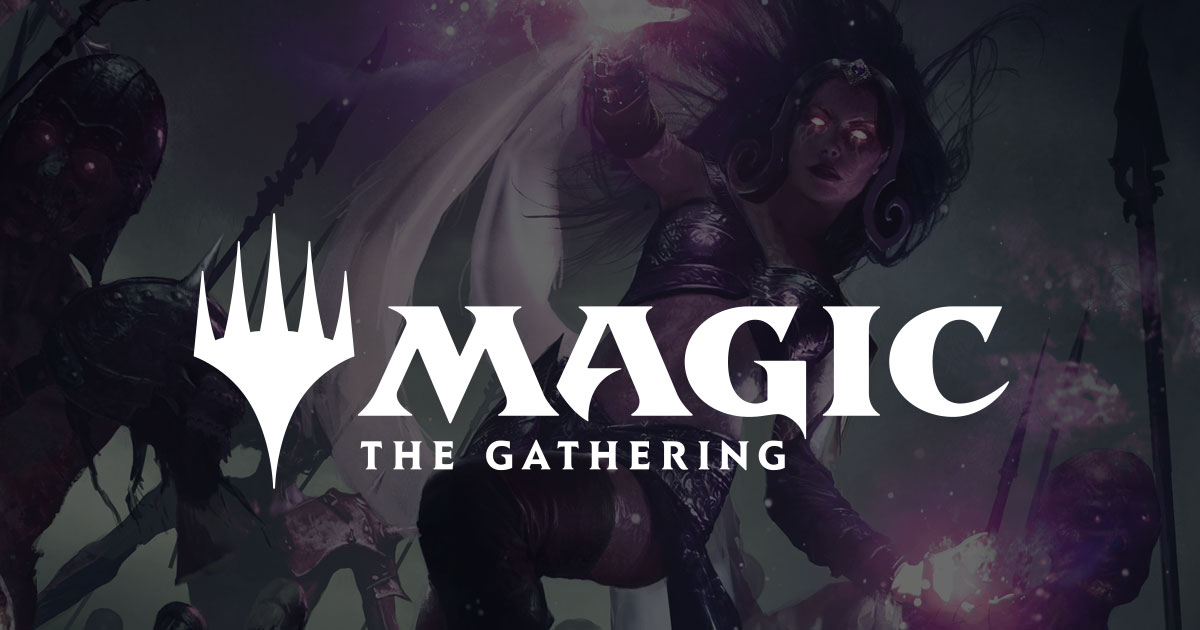@AbdulAlhazred I did read through all that, but I don't think it's worth starting massive quotes back and forth, I think my earlier summation of how that conversation would go remains true. This is the only section where I think you pointed out a mechanic I didn't address that has some potential to improve the SC gameplay:
Finally every SC has consequences, both for individual failures, and for overall failure. In the case of the example of a C1 challenge, probably there's just a straightforward consequence for overall failure, but individual check failures COULD have some consequence. One option is to reduce the reward for success, or introduce a complication that follows.
Adding individual failure options to skill checks does lead to non-trivial decisions, and would allow you to press more than one optimization case. It is precisely the need to write unique failure conditions for each instance you call for a SC that I would describe as "designing a custom game" however.
I apologize if I misrepresented your position, but I'm unfamiliar with the characters you mentioned. Can you clear this up a bit, so I can refrain from wrong assumptions down the line?
Yeah,
@niklinna and
@Lanefan got it right, though I actually think my late night usage isn't particularly clear. Your post focused on "winning" the encounter as the salient point, when the payoff I'm proposing has very little to do with the victory itself, so much as whether the board state was honest and I had the potential to try and advance a specific case.
It feels like you're focused on a concern about randomness running a solid risk of producing pretty garbage board states when it's not properly used in game design? Which I agree with, honestly. I frankly tend to prefer games with no randomness beyond setup, or strong mitigation or long enough play times to drive down variability and so on outside of TTRPGs. I just think it's a second-order concern. Like, in your examples, it sounded like you were proposing a new magic circle in the middle of the TTRPG, wherein a sleuthing game, or a climactic battle game would be played, and those would be separate games from the game being played before and should be considered as designs in their own right to produce satisfying results.
I'm making a case that the whole thing should be the one game, the whole time, and that snipping out a smaller segment and asking if that sub-game was interesting is missing the forest for the trees, because it's still part of the broader whole. The reward for a good plan is the plan working well, and if you're playing a game with a ton of variance, then sometimes it's going to work out to produce a stupid board state, but that's kind of fine if everyone knew that going in, or maybe a reminder that randomness is dangerous and we're probably too liberal with it in TTRPGs as it is.
Infinite number of board states but nowhere near an infinite number of actions: the rules clearly dictate how and where you can place a piece and there's only [a fixed number where I don't know its value] places on the board where a piece can be put.
RPGs have both infinite board states AND infinite possible actions within each one. Good luck writing all those out.

So, 50 declarable actions for one specific board state, multiplied by all the possible board states, gives..... ?
Exactly, so what's the point in trying to codify them?
My point was that a very small number of actions can produce staggeringly vast quantities of board states, and RPGs don't have a small number of actions. You can combine a basic skill system and general rules for object interactions into a ton of action choices, thus that your earlier criticism, that a GM serves no purpose is silly. You don't have to write that many rules to exceed the play space of most games.
My next point, using the short description of a wall, was that a simple description of a board state in a TTRPG creates an absurd amount of available actions. Between just the jump, climb, attack, object interaction and reach rules, before you start including PC special techniques, there's an absurd array of available action declarations that can all be resolved with a known, referenceable set of rules.
I agree with this; but I'm not sure how it arises out of trying to shoehorn [all possible actions plus all possible board states] into a codified whole...unless your goal is to somehow achieve always-on predictability and-or always-known odds of potential outcomes; a goal which I just can't support.
Unless they are physically unknowable, in that players do not have information about them, then yes, I absolutely think that. The whole point of the rules is to present that information to players. They should know (or be able to know) how the rules work. Ideally, they should be able to intuit reasonable courses of play even if they don't.
Side note: it might be just me, but even the phrase "board state" implies what's to me a rather unusual approach to RPG play.
I'm pretty intentionally leaning into "these are games, here's what makes games interesting" to make my point here.



